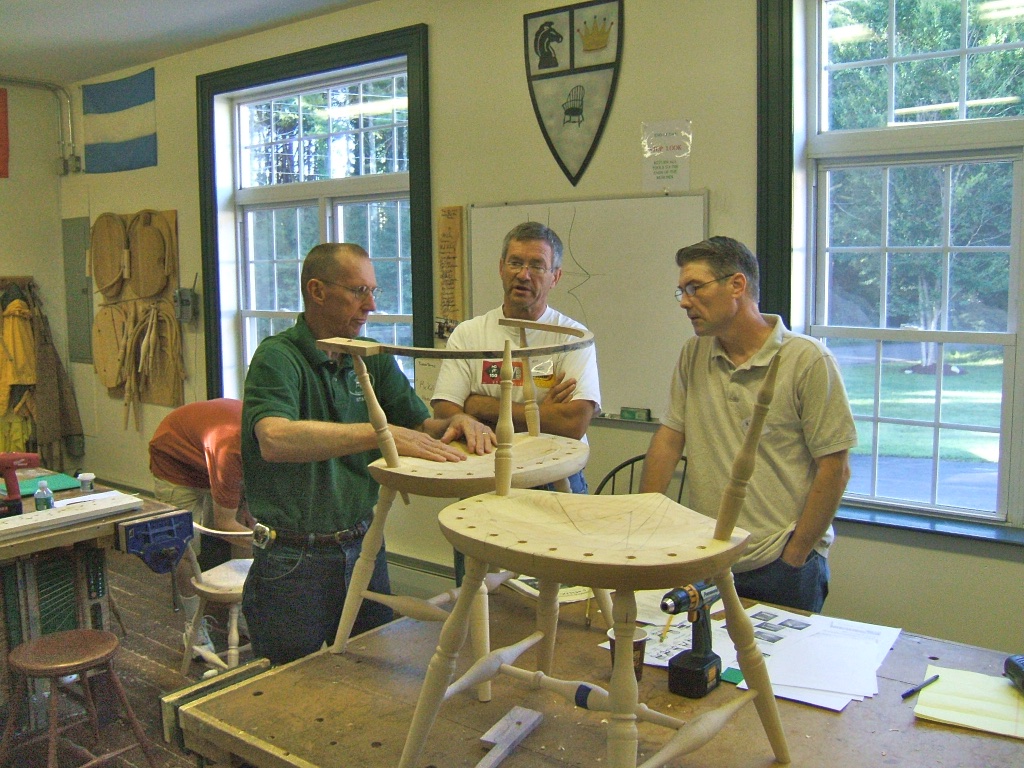I've been an educator now for over 36 years, mostly at the college level (1)
I have also spent a LOT of time doing outdoor education, and have learned many cross-genre educational techniques -- namely the value of experience and understanding emotion. (2)
Not everyone! And some people DO stop growing. There are exceptions. But in general... (4)
Others are more curious. (6)
Not good, of course, for creative evolution (7)
But a six-year-old can't. And you have to remember this when you educate. (10)
You can simply integrate more complex thoughts. And the wise teacher takes advantage of that. (11)
That's called metacognition. (12)
Smart teachers realize laughter is almost always a mind-opening tool. (13)
We may play a game where one person holds the answer, but the others have to guess. What we're doing is introducing kids to the idea of an Authority. (14)
Consequential thinking emerges. (15)
The rules are the rules. They don't need your input -- this is how you solve that physics problem. (16)
The rules are the rules -- but a design requires YOUR opinion. YOUR interpretation. YOUR view on the world. (17)
If you are going to have a vision, you have to establish a relationship with yourself. Up to now, you were following someone else's rules. NOW you need a new step -- agency, or self-empathy.
You must connect with yourself. (18)
Some teenage students after a rough final exam do the same thing. Trust me!
They have not developed agency.
That requires EMPATHY with others! (20)
Students <22 years will always divide the project in equal pieces among each other. (21)
(23)
Narratives -- 5 and upward!
Authority-driven fragments -- 7 and upward, tapering off around 22.
Rules -- 8/9 years - 28.
Heuristics (assembling rules and pieces) using your agency -- 20 and upward, tapering off around 45.
Multiple synergizing -- 30 and up (24)
45- end of life.
It is the hardest one. Because it requires knowing yourself -- a very difficult person to know! (25)
Early in life, you're receptive to stated opinions, rules, stuff coming from the outside.
Once past 25, stuff has to start meshing with your experience or you won't believe it. (26)
"I was really mad at the beginning, but about 5 weeks in, I figured out what you were doing!"
Gotcha!(28)
But every time you punish, you risk narcissistic injury -- an ego blow to the student that can boomerang back onto you. (29)
Students below 22 are there for the development, which means they often don't know why they're there.
Students over 25 are there for the content. Make sure your content is strong. You must remember when teaching mixed age groups. (30)
As well as all my Twitter friends who keep repeating "make it simple!" @VirginieG @RallyOn @jenniferwfawcet
The best is yet to come! Happy Thanksgiving! (31)









